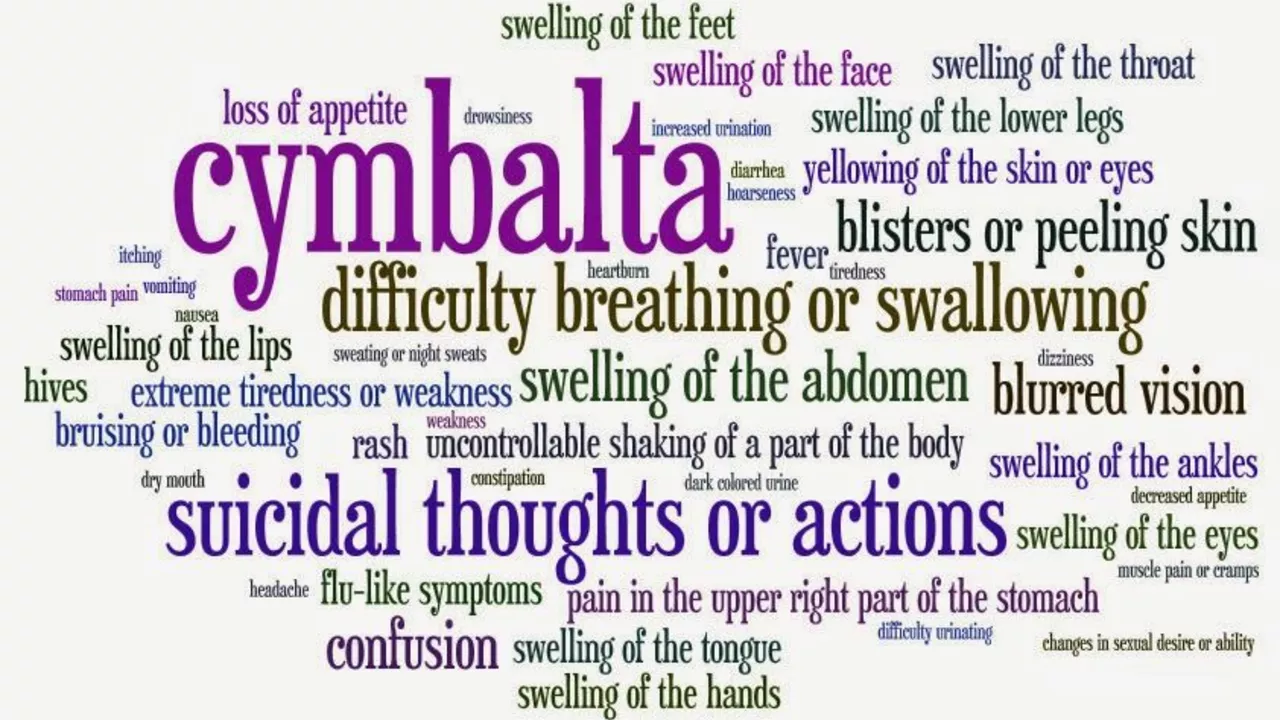Suicidal thoughts: Recognize signs, medication risks, and what to do now
Having thoughts about suicide can feel overwhelming and isolating. If you're reading this because you're worried about yourself or someone else, it's okay to look for help. This page gives straightforward steps you can take right now, what to tell a doctor or pharmacist, and how medications can sometimes affect mood.
Immediate steps if you're in danger
If you or someone else is in immediate danger, call your local emergency number now. In the US, dial 988 for the Suicide & Crisis Lifeline. In the UK and Ireland call Samaritans at 116 123. If you're elsewhere, search for "suicide hotline" plus your country to find a local number.
If you can't call, text can help too — in the US you can text HOME to 741741 to reach a crisis counselor. If someone is with you, tell them you need help and ask them to stay. If you're alone, try to move to a public place or somewhere with other people if it's safe to do so.
Remove or secure anything that could be used to hurt yourself. That includes medicines, sharp objects, weapons, or large quantities of alcohol. If possible, ask a trusted friend or family member to keep these items for you temporarily.
What to tell a doctor, pharmacist, or friend
Be direct. Say things like, "I'm having thoughts of killing myself," or "I'm scared I might hurt myself." Healthcare professionals need clear information to help. Tell them when the thoughts started, how often they happen, whether you have a plan, and if you have access to means. If you've started a new medication or changed a dose recently, mention that too.
Some medications can affect mood, especially when you first start them or change the dose. Antidepressants and some other psychiatric drugs have been linked to increased suicidal thoughts in young people during the first weeks of treatment. Don't stop a prescribed medicine suddenly—call the prescriber to discuss changes and ask how to monitor symptoms safely.
If you're supporting someone else: take any mention of suicide seriously. Ask direct questions, remove immediate means, stay with them if you can, and get professional help. Avoid minimizing their feelings or arguing them out of it. Listening matters.
Make a simple safety plan: list warning signs, coping strategies that have helped before, people to call, and professional contacts. Keep the plan where you can find it quickly. If writing feels hard, save important numbers in your phone under a clear name.
Want more help finding treatment? Talk to your GP, contact a mental health clinic, or ask a pharmacist about side effects and interactions. Peer support groups, counseling, and crisis services can all play roles in keeping you safe while you get the right help.
If you're here for information about medications and mood, GenMedicare provides drug info—but this page aims to help you stay safe now. If you're in immediate danger, call emergency services first.
Aripiprazole and Suicidal Thoughts: Understanding the Risk
As a blogger, I recently delved into the topic of Aripiprazole and its potential link to suicidal thoughts. Aripiprazole is an antipsychotic medication commonly prescribed for various mental health disorders, including bipolar disorder and schizophrenia. Although it's generally considered safe, there have been reports of increased suicidal thoughts in some patients. It's crucial for both doctors and patients to be vigilant and monitor for any changes in mood or behavior while taking this medication. If you or someone you know is experiencing suicidal thoughts while on Aripiprazole, reach out to a healthcare professional immediately for guidance and support.
View more
